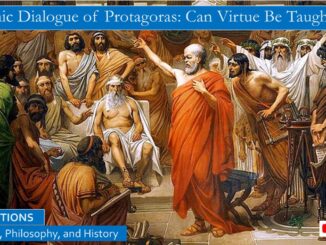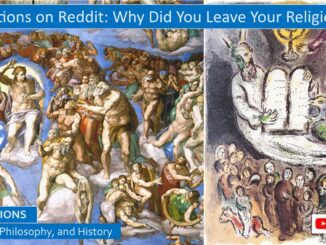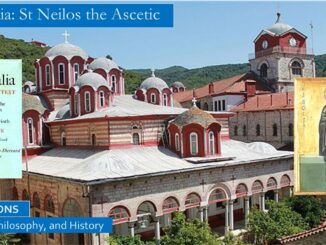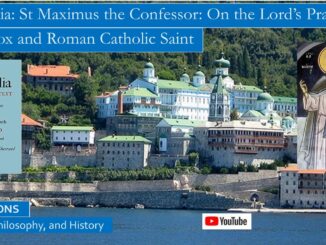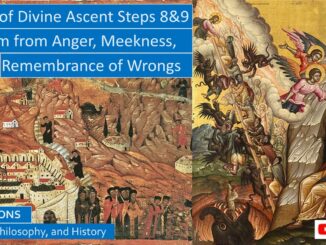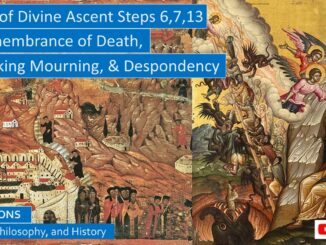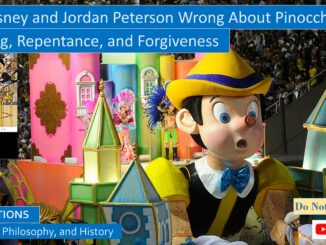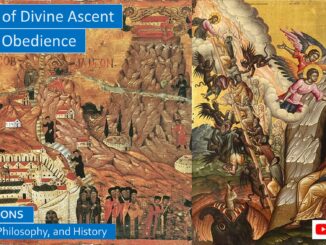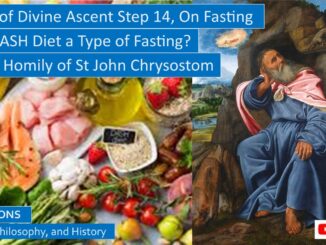
St John Climacus on Gluttony and Fasting, Ladder of Divine Ascent, Step 14, and Eating for Health: DASH diet
Earthly passions, if we do not control them, can lead us to selfishness, can lead us away from selflessness, can cloud the way to our salvation, and can prevent us from loving our neighbor as ourselves. St John Climacus teaches us that the primary passion is gluttony, the gluttony that keeps us from eating a healthy diet, that keeps us from eating in moderation. […]

